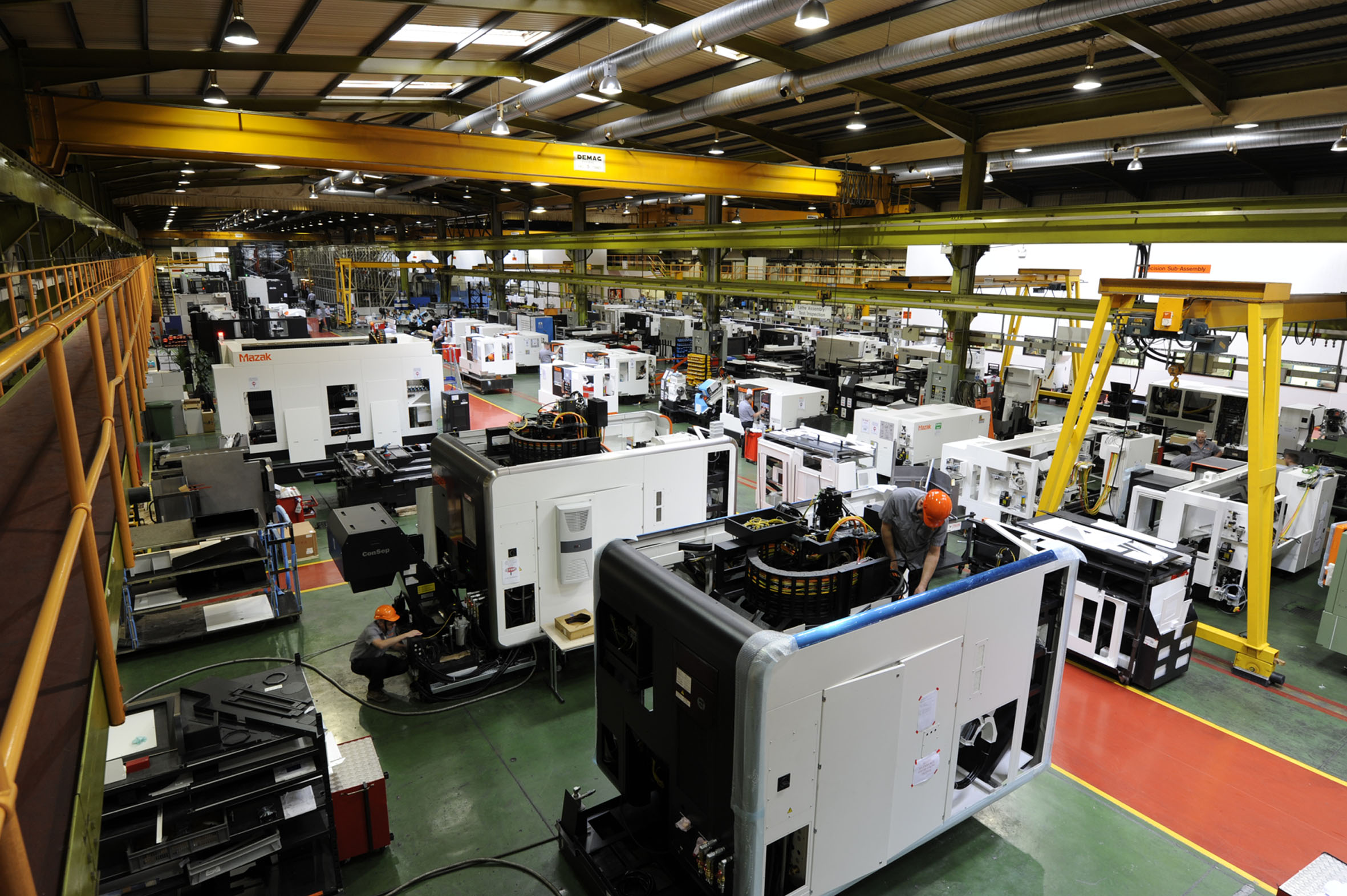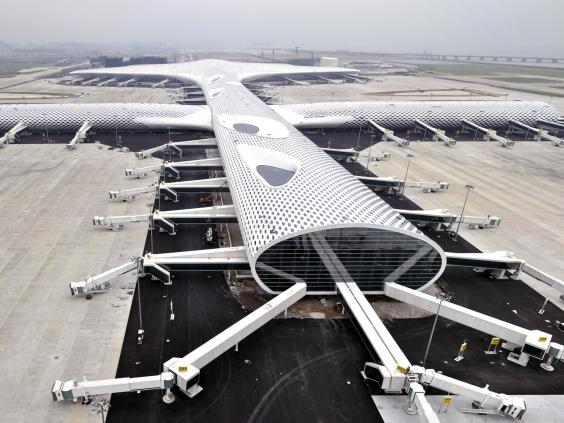
It's a process not an accident. This economic experiment which, since Richard Nixon decoupled the dollar from gold
and embarked the Free World on Free Trade economics, with ever
decreasing restrictions and controls, which eventually plunged the world
into
the Lehman Banking crisis, a contagion from which we have never
recovered, despite the band aid of Quantitative Easing.
Turn the clock back but no they say, you can't turn the clock back. We
can't go back to the old days of financial stability, of people living
within their means. We have to feed that monster consumerism, that trick
to empty wallets to buy things we never knew
we needed.
Who turned the clock forward and on the back of consumerism, decided to supply the credit struck consumer with
cheap goods made in countries on the far side of the globe whilst local
factories closed and the workers from those factories were thrown on the
scrap
heap to barely exist on benefits. Only now, as the second stage of the
great experiment takes place, we discover we can't actually afford people on benefits.
Who became the arbiter of who would be the winners and who would be the losers.
The world design, mapped out in the boardrooms of Goldman Sachs and
their ilk had a not so complicated scheme in which economic power was
largely removed from national governance and its concern for public
interest, by the application of a global market place
supplied by global players to pursue global interests
What happened to the national interest.
The nation interest was sidelined.
Governments bought into the concept of everlasting growth through
expanding markets which could only be created by moving the source of
production into these potential markets.
The global wealth was shifted on purpose to stimulate global rather than national wealth.
Where were the local people fighting for the national interest. Once the shift in power moved from parliaments into
the banks and sovereign funds located where the oil money consolidated,
like a monitory slick with nowhere to go but back into buying parts of
the old systems national artefacts and securities at prices which
eradicated the local to second or third tier onlooker.
Who sold us this dummy 'internationalism'. The concept of looking beyond ones own boarders and visualising the
potential of a business venture has been with us from the days of the
silk trade. A legitimate barter of skills for raw materials is as old as
man's
first settlements and proved the great socialising force for
communities to gather together. Internationalism, as the name predicts,
is predicated on national entities recognising one another as individual
entities. It's this recognition and respect for the
national character which makes the history of international trade such a long one.
It differs from Globalisation in that in the global system, boarders and national States become superfluous. The
trades are between automatous businesses, businesses free to choose
their domicilium, to invent and reinvent themselves, to own no
allegiance to
anyone other than their shareholders. They are a layer above the layer
of the state there are few rules, other than the ones they make for themselves, they are the Masters of the Universe.
Who invented Globalisation. Well they did. Robert Rubin. Henry Paulson. Lloyd Blankfein.
Alan Greenspan. Ben Bernanke. What do they have in common, Jewish parenthood and strong links to Goldman Sachs.
Does this make for a conspiracy, who knows but it certainly looks
suspicious and with the diaspora spread across the globe, it would be
convenient
for a group who hold themselves as 'chosen' to chose to exclude others,
simply for being 'the others'.


)


